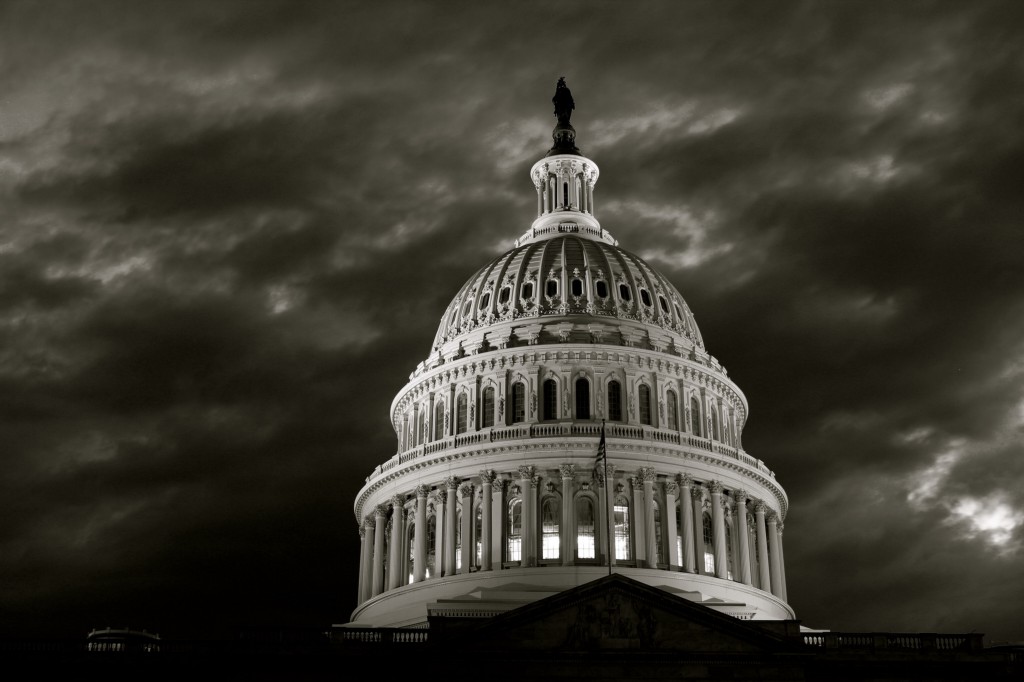What Do We Need to Know About the Financial Choice Act?
Let’s read EVEN MORE government documents together!

So yesterday the House of Representatives voted yes on the American Health Care Act and the House Financial Services panel voted yes on the Financial Choice Act.
BREAKING: House panel approves bill to undo much of Dodd-Frank law enacted after financial crisis.
— @AP
Which means we need to catch up on what the Financial Choice Act is, and why all the news sites are saying that it gets rid of the protections put in place by the Dodd-Frank Wall Street Reform and Consumer Protection Act.
Dodd-Frank, as you might remember, was implemented in 2010 as a way to—well, I’ll just quote it directly:
To promote the financial stability of the United States by improving accountability and transparency in the financial system, to end “too big to fail”, to protect the American taxpayer by ending bailouts, to protect consumers from abusive financial services practices, and for other purposes.
The Financial Choice Act, meanwhile, begins this way:
KEY PRINCIPLES:
1. Economic growth must be revitalized through competitive, transparent, and innovative capital markets;
2. Every American, regardless of their circumstances, must have the opportunity to achieve financial independence;
3. Consumers must be vigorously protected from fraud and deception as well as the loss of economic liberty;
4. Taxpayer bailouts of financial institutions must end and no company can remain too big to fail;
5. Systemic risk must be managed in a market with profit and loss;
6. Simplicity must replace complexity, because complexity can be gamed by the well-connected and abused by the Washington powerful; and
7. Both Wall Street and Washington must be held accountable.
I find this list fascinating, especially point #2: every American, regardless of their circumstances, must have the opportunity to achieve financial independence!
Like, for-real, never-need-a-job-again financial independence? I can get behind that idea, especially because the robots are going to take all of the jobs anyway. Let’s FI it up! Frugal lives funded by government bonds with high interest rates! Living wages so we can save the money required to become financially independent! Affordable healthcare! Maybe we can get some basic income involved!
Spoiler alert: the word income does not appear anywhere in the Financial Choice Act. (Neither does healthcare, but I wasn’t expecting it to.)
Instead, the 1,061-word document is mostly about banks; the word bank or banking appears twelve times, and we get sentences like this:
Exempt banking organizations that have made a qualifying capital election from any federal law, rule, or regulation that permits a banking agency to consider risk “to the stability of the United States banking or financial system,” added to various banking laws by Section 604 of the Dodd-Frank Act, when reviewing an application to consummate a transaction or commence an activity.
Exempt banks from considering risk to the stability of the United States banking or financial system. (Did I read that correctly?)
Okay. What else?
Repeal [the Consumer Financial Protection Bureau’s] authority to ban bank products or services it deems “abusive” and its authority to prohibit arbitration.
(You can almost hear the sneer in “abusive.” And the air quotes.)
In fact, they want to get rid of the Consumer Financial Protection Bureau entirely:
Change the name of the CFPB to the “Consumer Financial Opportunity Commission (CFOC),” and task it with the dual mission of consumer protection and competitive markets, with a cost-benefit analysis of rules performed by an Office of Economic Analysis.
I can hardly wait for those financial opportunities that I will no doubt receive, as a consumer, on my way towards achieving financial independence.
The Financial Choice Act has to pass the full House of Representatives and then the Senate, so it’s not a law yet, but I’m sure it’s something that many of us will be calling our representatives about soon.
Support The Billfold
The Billfold continues to exist thanks to support from our readers. Help us continue to do our work by making a monthly pledge on Patreon or a one-time-only contribution through PayPal.
Comments